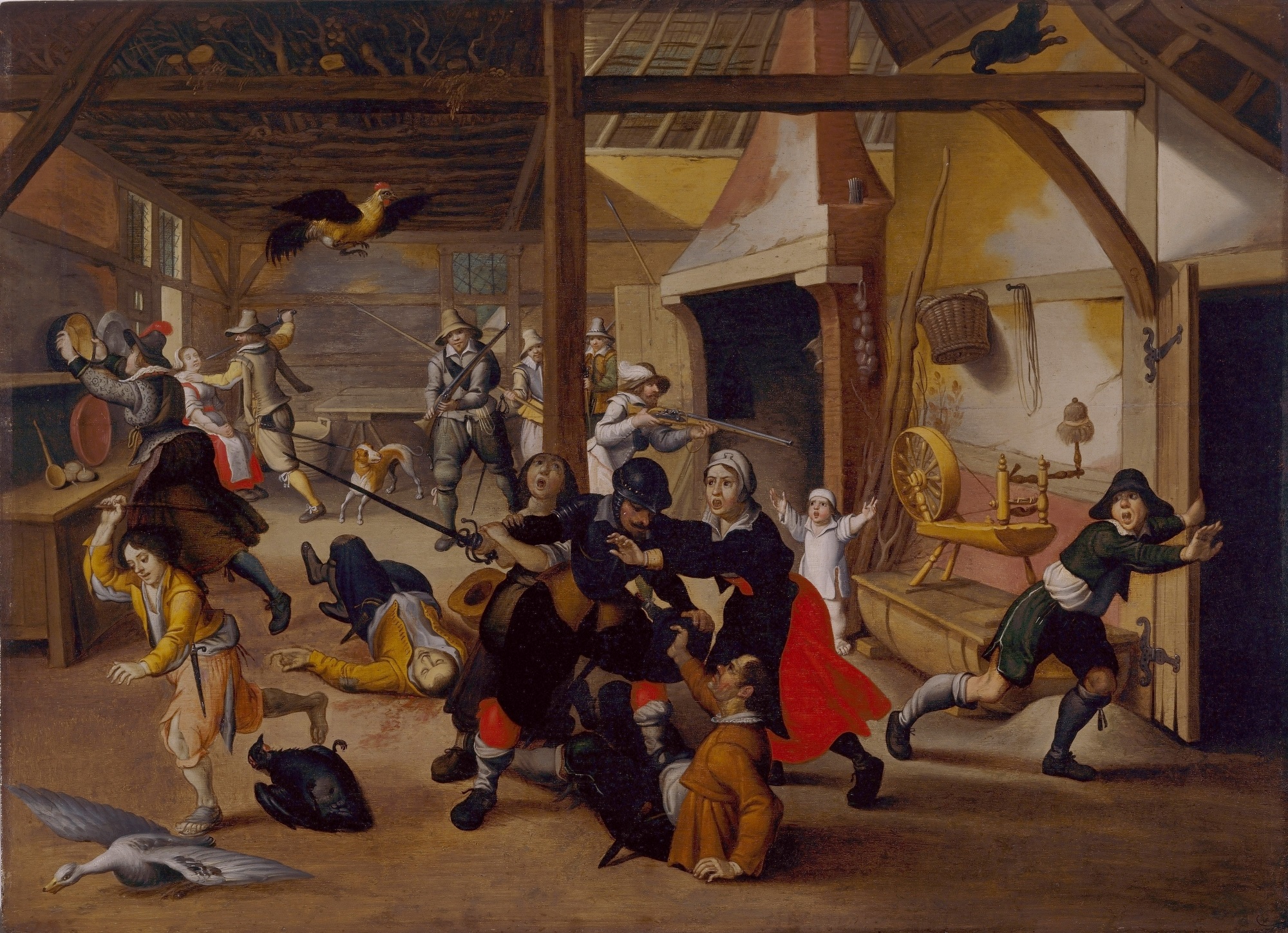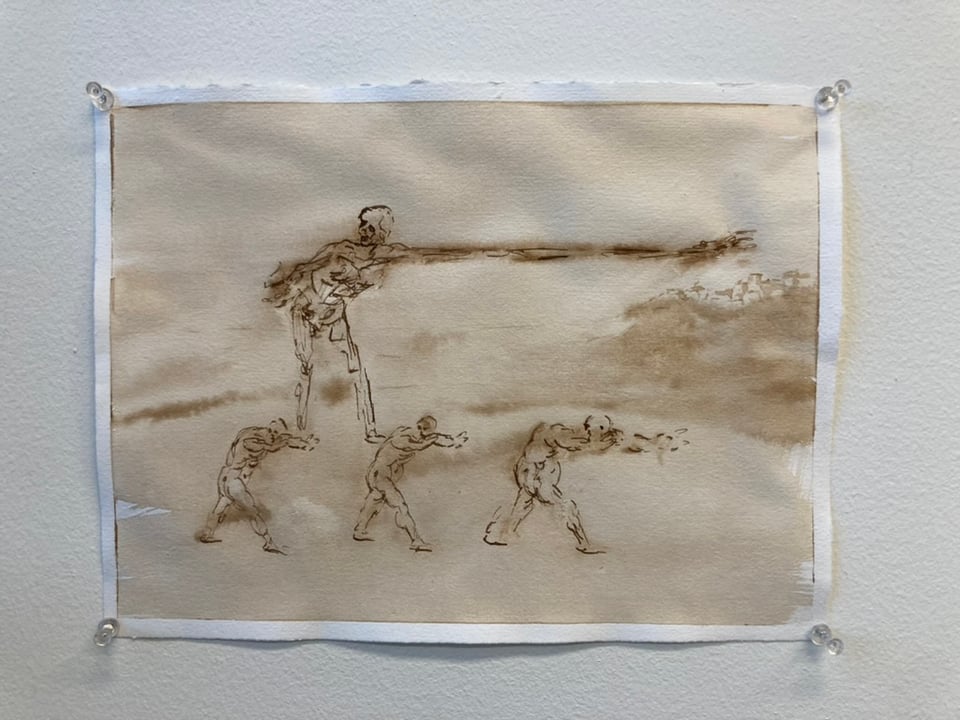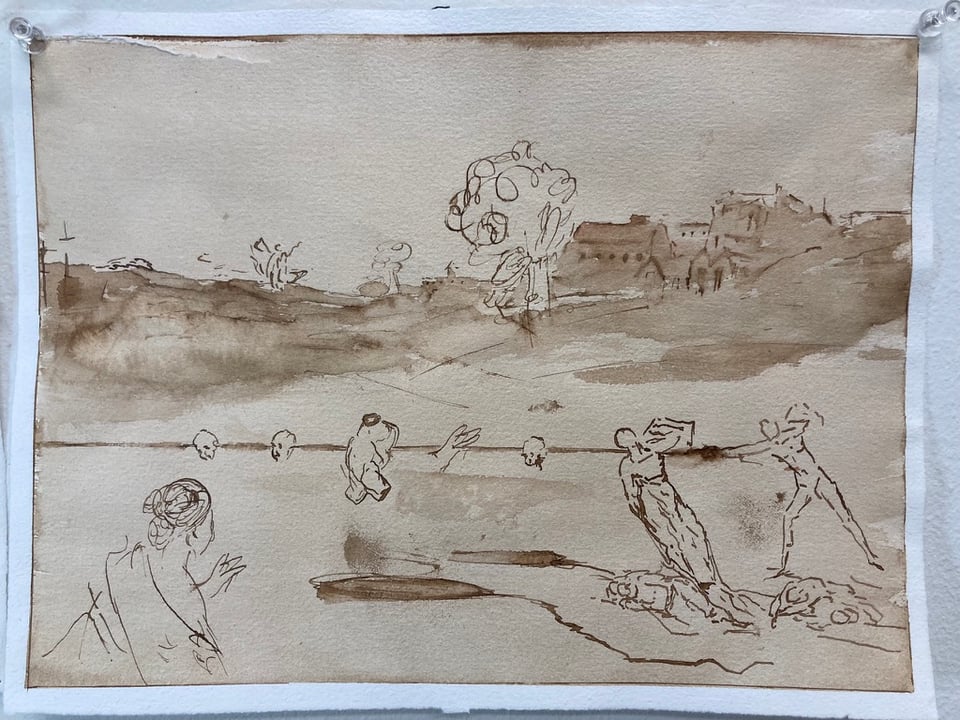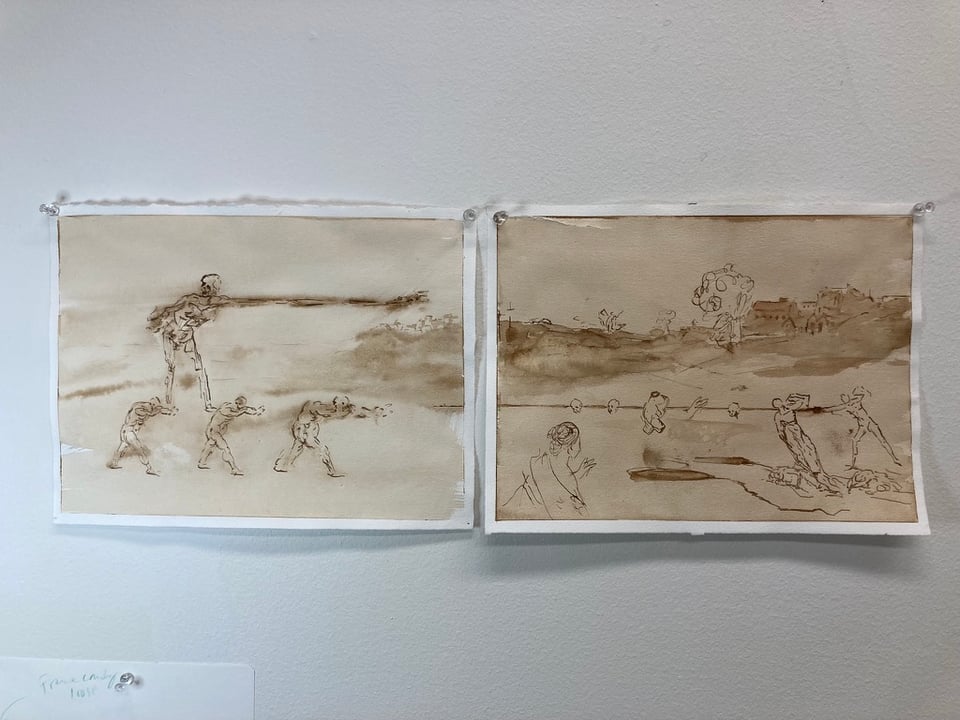Big Table Special Issue

Hi All,
This is a special issue of Big Table, which is kinda funny to do since it's only the second issue. Given that it's only the second issue, and I put a lot of you on here myself, I will once again encourage you to hit that unsubscribe button at the end of this email in case this doesn't fit into your digital life. The original second issue I have written is pretty lighthearted, with some nerdy miscellany thrown in. I'm still going to send that out later this month, maybe with some extra end of year stuff, but I'm not sure it's appropriate to start a newsletter during an active genocide without mentioning it. Arguably every newsletter ever has been started during a genocide, but the current situation in Gaza is horrifying and, as we know, deeply tied into the economic and political structures that overlap with our lives in the West where we get to be lighthearted, make art, and generally not get bombed. And it's just on our minds and hearts. I wouldn't ignore it if we were sitting around an actual table, so here we are.
Though sometimes it feels like kicking at ocean waves, I'm impressed and heartened by the effort to connect a chain of caring from outside of catastrophes to those inside. Martha and I (mostly Martha) put together a good list of places to support, things to read, and politicians to bother, which she sent out in her last newsletter. She inspired me to do this special issue, and that list is the main thing I want to share. Check it out, give where you can. I'd like to single out MAP, which seems to be making a difference. Thanks to my old friend from school, Sophie for bringing them to my attention.
Finding context
There's a horrible war happening, and when we go on social media we see and read things about it. Those are two wildly different things that I think tend to bleed together in our subconscious. The first part of this email was about the war, this part is about us looking at it on the internet.
I feel like most social media is full of malevolent design patterns that conceal its attempt to become an invisible layer over our picture of reality. I don't like that, and I think it should be called out until something changes.
To that end, I've really appreciated finding -- very, very late to the game -- The Blindboy podcast. The depth and fascination and humor and kindness he brings to the subjects he talks about is such a respite to the angry noise of the rushing stream of social media. Thanks to Dasha for recommending it so hard to mutual friends that they recommended it to me. I appreciated his response to a request for "hot takes" on the Israel Palestine war on this episode.
Then I learned a lot about the colonial roots of conflict in that region on the second half of this episode. The first half is fantastic too, but about something very different that I could not summarize in less time than he talks about that. I love that. It's what my friend Amber would call incompressible. So maybe this isn't the best, or most important, or most relevant stuff to share, but maybe there isn't a best. I just really appreciated listening to some incompressible, informed, and considerate podcasts and I'm hoping you will too.

The Return to Yurty Ahernes couch - The Blindboy Podcast | Acast
I return to Yurty Aherne's couch. I also speak about the intertwining histories of Ireland and Palestine
Soldiers Plundering a farm by Sebastiaen Vrancx
The painting at the top of this issue has stuck with me for a while, and stories and images from Ukraine kept pushing it to the surface. And now, well..
I did some painting with it in mind and then wrote about it here: Warpaint #1.
Here's what I started working on after that. No words on these, just the images. But these feel like part of what I want to say.



Add a comment: